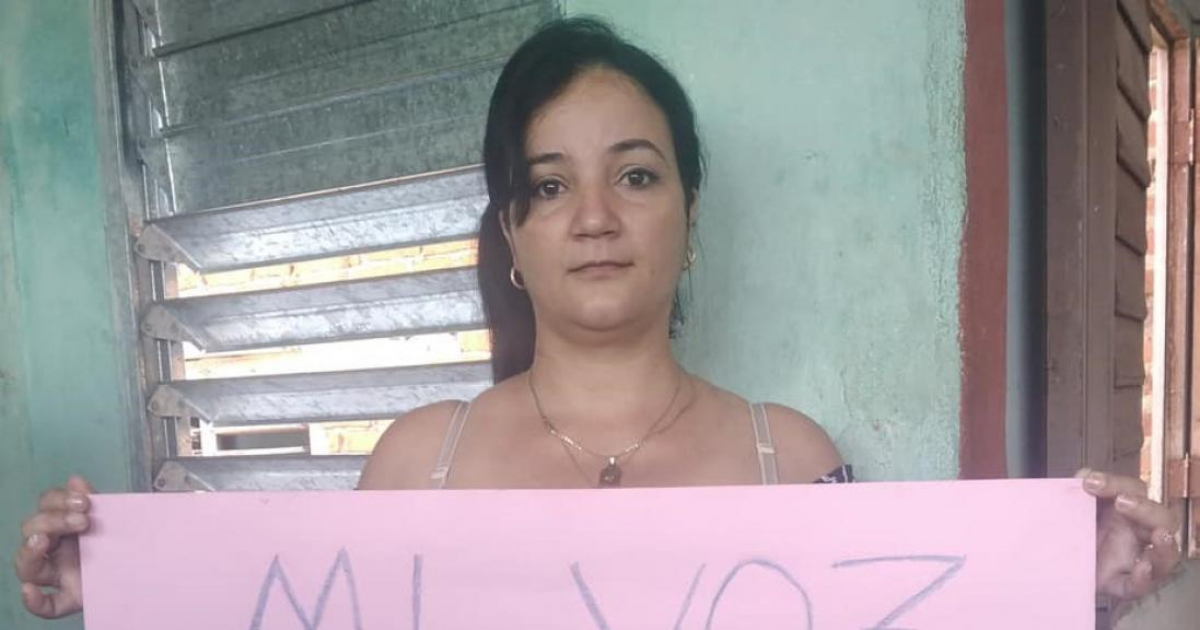
The Cuban opposition member Aimara Peña expressed on her social networks her point of view on the recent measure of the United States Government of prohibit sending money to Cuba through military companies controlled by the Army Castro.
The regulations, which will come into force as of November 27, will mainly affect transfers made through Western Union, the largest issuer of remittances from the United States to the Island, and other companies based in that country that send money via through electronic cards.
Aimara recognizes that the sanction imposed on the regime could be rejected by Cuban families who are harmed. But in his opinion, the real problem is in the politics of the Havana regime.
“The Cuban Government and its military keep the dollars and give us papers that have no value. Even if you buy with that and resolve, I tell you that for things to get better they have to get really bad,” he said in a post on his Facebook wall.
“We have to demand our economic freedoms from the government. Let them get out of the way and stop stealing what belongs to us with impunity. Recent times show that the world is not, nor will it agree, nor be willing to accept the rights violations that the military and the communist government have committed for years,” he added.
The political activist, who lives in Sancti Spíritus and is the mother of two children, accused the Cuban regime of not respecting the people as human beings, of not allowing them to enjoy their fundamental rights such as the right to assembly, to hold peaceful demonstrations, to political participation and to enjoy the guarantees of a State with separate powers, “where the judge is not a party.”
“Cuban, we will not get out of the crisis. "What if we ask the Government for its sacrifice now, because these people are tired of sacrificing without seeing results and our finite lives are exhausted, while our dreams are diluted and our children suffer from needs," he questioned.
“The change has to be now. I want to be able to see a tram in my city, or a subway, a crowded market with good prices. I want your business to grow so much that you have to provide jobs. May your effort and sacrifice be rewarded, may you live safe and confident that you have rights and they must be respected,” he expressed.
What do you want?” he concluded.
This week the Office of Foreign Assets Control (OFAC) of the Department of the Treasury issued a document that established the prohibition of transfers “related to remittances in any transaction involving entities or subentities identified on the Cuba Restricted List (CRL)” , known as the State Department blacklist.
The CRL, created in 2017, includes more than 220 Cuban entities with links to the GAESA military complex, which have been prevented from negotiating with citizens and companies under US jurisdiction.
The OFAC order does not suspend the sending of remittances to the Island, but rather their processing through entities controlled by GAESA, a military consortium directed by Brigadier General Luis Alberto Rodríguez López-Calleja, Raúl Castro's former son-in-law, included in the list of people blocked by the Treasury Department.
The processing of remittances could be transferred to other state institutions with the capacity to negotiate with Western Union and other shipping agencies established in the United States.
What do you think?
SEE COMMENTS (42)Filed in: